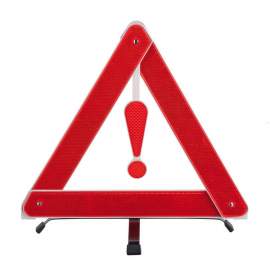
Injury Due to Negligence

The occurrences of various forms of personal injury, and under various circumstances, can be responded to through the filing of civil lawsuits in the American legal system, allowing affected individuals to recover damages from the people they feel to be responsible for their plight.
These cases can be responded to through either an intentional tort or the claim of negligence. Through the latter, the defendant accused of negligence is not claimed to have willed the suffering of injury or distress by the plaintiff, but to have failed to carry out a responsibility to prevent such ill-effects from being felt. Many personal injury lawsuits take this form, such as include occurrences of medical negligence, in which the accused individuals failed to adequately provide for the care of their patient.
Negligence torts thus may not be as rigorous as intentional ones, since cases falling into that category require the court to make judgments about the defendant's thinking. Lawsuits such as medical negligence, on the other hand, are essentially focused on the resulting injuries. That being said, proving the liability of someone for negligence in an American court does require the plaintiff to show that certain factors are present in the case.
The first consideration taken into account in a negligence case is whether the defendant had a responsibility to provide for the safety of others in a certain way. This factor can be easily demonstrated in, for instance, a medical negligence case, in which the physicians and assisting medical staff have a well-understood duty to provide for the health of the patient. The second determination to be made is whether the defendant then failed to carry out that duty.
Again, in a medical negligence case this could be shown if the physician or the hospital did not attend to the sanitary conditions of the instruments or operating space. Though people who fail to live up to these considerations might be generally considered unfit for their profession, for the failure of duty to specifically pertain to the case being tried it must be shown that this particular failure led to plaintiff suffering the personal injury.
If a case such as medical negligence is proven in court, it is likely to have a substantially adverse effect on the ability of the defendant to carry out he or his chosen profession. Torts of negligence are not, however, conceived of as methods for punishment, but rather as a means of holding people to the obligation to provide for the consequences of their actions and to relieve the financial burden often faced by the injured. In this regard, torts of negligence are considered compensatory rather than punitive legal measures.
In addition to medical negligence, other common forms of negligence which are alleged and addressed under civil law include the failure of building owners to provide for the safety of visitors and residents and the negligence of employers in allowing specific activities or general working conditions to create an unsafe environment which threatens the security and well-being of their employees.



















